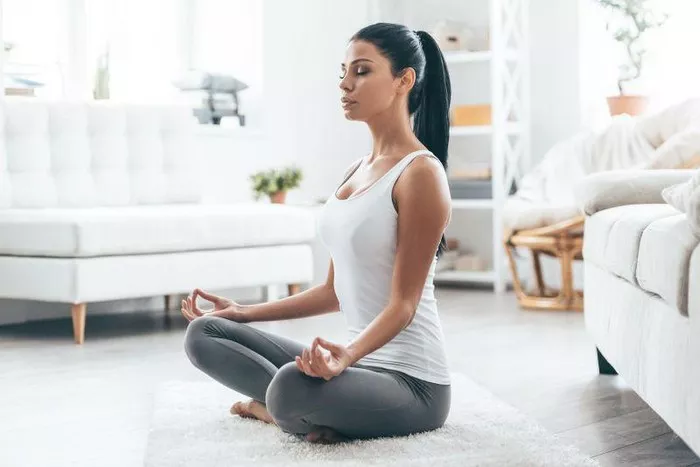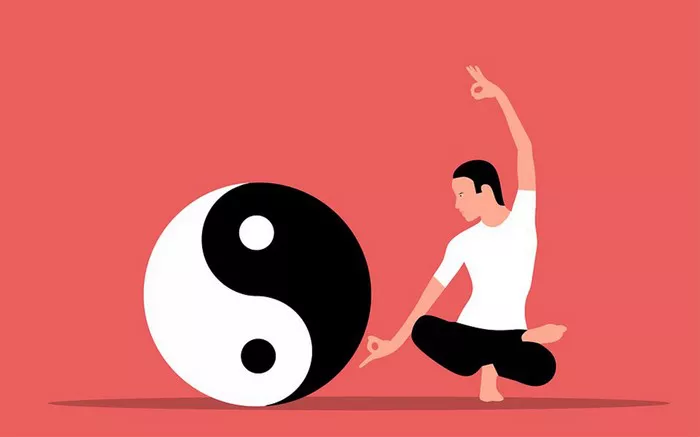Yoga is widely celebrated for its physical, mental, and emotional benefits. It promotes flexibility, strength, balance, and mindfulness, making it suitable for a broad range of people. However, a common question many have is: At what age should you stop doing yoga? The answer is not straightforward because yoga is adaptable and can be practiced safely throughout life. Experts emphasize that age alone should never be the sole reason to quit yoga.
Rather than focusing on a specific age limit, it is more important to consider individual health conditions, physical abilities, and the type of yoga being practiced. With proper modifications and guidance, yoga can be a lifelong activity that supports healthy aging and well-being.
Why Age Should Not Be a Barrier to Yoga
- Yoga is adaptable: Poses can be modified to accommodate limitations caused by age or health conditions.
- Mental benefits are timeless: Yoga’s focus on breathing and meditation can enhance cognitive function and reduce stress at any age.
- Physical benefits support aging: Regular practice helps maintain muscle strength, joint mobility, and balance, which are crucial as we get older.
Doctors and yoga therapists agree that rather than stopping yoga, seniors should seek guidance to ensure their practice remains safe and effective. With proper adjustments, yoga can help reduce the risk of falls, improve cardiovascular health, and boost mental clarity.
Key Factors to Consider Before Continuing or Modifying Yoga Practice
1. Physical Health and Medical Conditions
As people age, they often develop chronic conditions such as arthritis, osteoporosis, or cardiovascular disease. These require special consideration when practicing yoga:
- Individuals with osteoporosis should avoid poses that put excessive pressure on fragile bones.
- Those with heart conditions should engage in gentler forms of yoga, avoiding intense or highly aerobic styles.
- Joint pain or arthritis may necessitate using props or modifying poses to prevent strain.
Consulting a healthcare professional before continuing or starting yoga is crucial, especially for older adults with preexisting conditions.
2. Type of Yoga Practiced
Yoga has many styles, ranging from gentle Hatha to vigorous Ashtanga or Bikram (hot yoga). The intensity and demands of each style influence suitability for different age groups:
- Gentle or restorative yoga is ideal for older adults, focusing on slow movements, breathing, and relaxation.
- Moderate styles like Vinyasa can be appropriate if paced carefully and with attention to body signals.
- High-intensity styles might pose risks and should be approached cautiously or avoided by seniors.
Selecting a style that aligns with your fitness level and health is essential to continue enjoying yoga safely.
3. Experience and Guidance
For beginners, regardless of age, starting under the supervision of a qualified instructor ensures correct alignment and reduces injury risks. For older practitioners, specialized classes or private sessions focusing on senior needs offer tailored instruction.
Experience also plays a role; those with many years of practice can often self-modify and recognize their limits better than newcomers.
Benefits of Yoga for Seniors
Yoga offers multiple benefits that directly address age-related changes:
- Improved flexibility: Aging often leads to stiff joints and muscles; yoga helps maintain and improve range of motion.
- Enhanced balance and coordination: Reduces fall risk, a significant concern for older adults.
- Increased muscle strength: Supports mobility and independence.
- Better respiratory function: Breathing exercises improve lung capacity and relaxation.
- Mental well-being: Yoga reduces anxiety, depression, and cognitive decline through mindfulness and meditation.
Scientific studies repeatedly show that older adults practicing yoga experience better physical and mental health outcomes than those who remain inactive.
When Should You Consider Stopping or Taking a Break from Yoga?
While yoga is generally safe, there are scenarios where pausing or stopping might be necessary:
- Acute injury or pain: If yoga causes or exacerbates pain, it’s critical to stop and seek medical advice.
- Severe medical conditions: Certain stages of illness may require avoiding physical exertion.
- Fatigue or dizziness: Signs of overexertion suggest the need to rest or modify practice.
- Lack of proper instruction: Continuing without guidance may increase injury risks, especially in complex poses.
Taking breaks does not mean giving up yoga forever; it allows time to heal or adjust practices safely.
Practical Tips for Safe Yoga Practice at Any Age
- Listen to Your Body: Never push into pain or discomfort; adjust poses as needed.
- Use Props: Blocks, straps, and chairs can aid balance and flexibility.
- Warm Up Thoroughly: Helps prevent muscle strain and prepares joints.
- Focus on Breath: Breath control supports relaxation and endurance.
- Stay Hydrated: Especially important in warm environments or longer sessions.
- Seek Professional Guidance: Instructors trained in senior yoga can tailor practice safely.
Incorporating these tips can make yoga a sustainable and enjoyable activity throughout life.
How Yoga Supports Healthy Aging
Yoga is more than just exercise; it’s a holistic practice that integrates mind, body, and spirit. For older adults, this integration can significantly improve quality of life:
- Slows down the aging process: Physical activity combined with mental calmness helps reduce inflammation and cellular damage.
- Promotes social connection: Group classes offer community and reduce loneliness.
- Encourages lifestyle mindfulness: Supports healthier eating, better sleep, and stress management.
These benefits demonstrate why yoga is recommended not just for fitness but as a cornerstone of healthy aging.
Conclusion
Experts unanimously agree that there is no set age at which you must stop practicing yoga. Instead, the focus should be on adapting the practice to your body’s needs and health status. Whether you are 30, 60, or 90 years old, yoga can be a valuable, lifelong companion.
By working with healthcare providers and qualified instructors, choosing appropriate styles, and listening to your body, you can enjoy yoga safely and reap its many benefits at any age. Rather than asking when to stop, consider how to continue evolving your yoga practice to support your health and happiness for years to come.
Related Topics:















